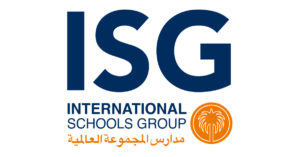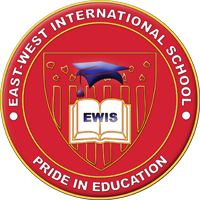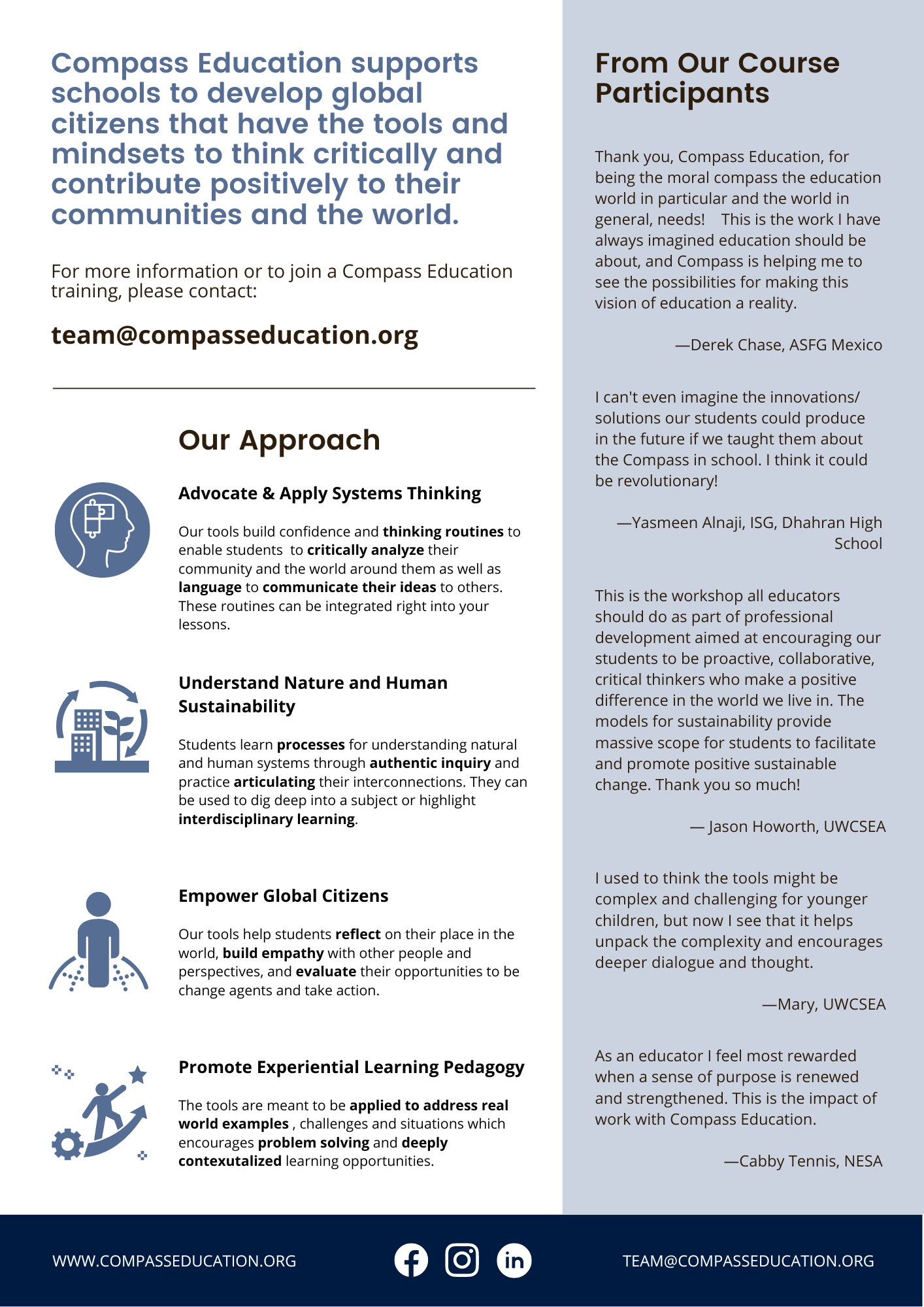Compass Supporting IB Education
The International Baccalaureate® (IB) aims to develop inquiring, knowledgeable and caring young people who help to create a better and more peaceful world through intercultural understanding and respect.
The Compass tools enable IB learners to take on the perspectives needed for international mindedness and empower them to take action in a complex and interdependent world.
Compass Education offers impactful professional development programs and community-sourced teaching and learning resources to empower educators to achieve and actualize the IB mission.

How do the Compass tools support the IB learner journey?
The Compass tools help to develop the ability to acknowledge the messy complexity of the world and embrace the web of interconnections. This will help educators and learners to zoom out and see the “big picture” system of interconnected elements that are constantly changing.
In navigating this interconnected system, educators and learners develop the ATL (thinking, communication, self-management, research, social) and the respective subskills.
Using the Compass tools gives learners the opportunity for deeper, richer thinking that aids the development of critical and creative thinking. For example, learners will ask great questions in group discussions around the Sustainability Compass. Systems thinking leads to information transfer, e.g., showing how the solution to a problem may be applied in another context. Further, learners are reflective and metacognitive, which can lead to mindset shifts, paradigm shifts, and action-taking.
- Compass tools serve as provocations - To start a unit of inquiry
- Compass tools make systems thinking accessible & actionable
- Compass tools facilitate inquiry
- Compass tools help create meaningful assessments
How does Compass Education align with the IB’s philosophy of education?
Through multiple uses of the Sustainability Compass, learners realize that our world is complex and constantly changing. The four systems' conditions and their connectedness become internalized and habitual ways of looking at the world so it becomes an engrained practice to continually learn about the systems surrounding them. They will work towards solving problems and taking action through gathering evidence, talking to other people, learning about history, and understanding what's happening, why and where the leverage points are for making change.
Our belief at Compass Education is that understanding sustainability from a systems perspective leads to international-mindedness, which is a foundation of the IB.
Compass Education and the IB are both proponents of shared responsibility and ethical judgments to improve the world through education.
How do Compass Tools help develop the IB learner profile?
At Compass Education, we are looking to empower the hearts and minds of educators with the tools that will equip learners to develop a sustainability-focused mindset. The by-product of this educator empowerment is that the tools support the attitudes and attributes of the IB Learner Profile.
The IB learner profile describes someone who embodies the attitudes and attributes of the 10 characteristics of the learner profile. IB aims to graduate students who understand how to behave in various situations while taking action from a mindset of valuing themselves and others.
Similarly, the Compass tools facilitate an understanding and development of systems thinking to support a sustainability mindset. Someone who has such a mindset also takes action and responds in ways that lead to harmony and preservation of their respective parts of our planet.
How does Compass Education align with the IB Mission Statement?
Understanding our complex world from a systems perspective leads to international-mindedness.
The Compass tools:
- help learners seek out different perspectives on any topic that matters.
- challenge assumptions, see beyond personal worldviews and gain new perspectives.
- acknowledge that other people have valuable skills, knowledge and ideas that are important to consider and may even have the potential to help you grow and change the world.
The Compass tools cultivate connection. Knowing that everything is interconnected demonstrates care and compassion for others and for all living things.
At Compass Education, we cultivate:
- capacity for compassion
- empathy and care through words and actions
- find ways to fuel motivation and commitment to create a more sustainable world by caring for all
How does Compass Education align with the IB PYP?
The PYP is transdisciplinary, concept-driven and inquiry-based while exploring a central idea that is timeless, universal and true across contexts. All learning in the PYP should lead to action. As an IB school that action should lead to a better world.
The Sustainability Compass is a simple tool that takes the complexity out of complex issues. It is a tool that can be used to help explore a central idea or a line of inquiry and can provoke further questions.
- Grade One example: Unit on ‘effective communities’, students build a community with recycled materials. The Sustainability Compass can be used before building, helping the children reflect on what they need in their community, or after, allowing them to critically assess if their community is balanced/sustainable.
- Grade Four example: unit on migration, students consider building a new village community around a shared natural resource (a river and a fruit tree orchard). The children think of creative ways to maximise fair use of the resources without [or with minimal] impact on surrounding communities.
- The PYP Exhibition (PYPX): the culminating project of the PYP programme;
- Can address the UNSDGs, where students are encouraged to take action in support of the goals. It goes without saying how valuable the tools can support the PYPX process while helping students critically self-assess their ideas.
- The Pyramid process used for the framework for PYP exhibition to drive the inquiry from vision to action implementation.
- Tools and habits of mind that grow with students:
- The Compass is used throughout inquiry units to frame systemic understanding of big themes and issues, like assessing existing products/organisations and working towards solutions.
- The Iceberg is consistently used to frame deeper thinking around mental models and systems to ensure any authentic application of the learning is targeted and meaningful.
How do the Compass Tools support MYP?
The Compass tools support learners in thinking beyond the here and now. The decisions and actions we make today can have far-reaching impacts into the future, even if it’s not immediately evident how.
The Compass tools empower students to take action. Move beyond the temptation to see the world as a linear sequence of events and instead look for loops of cause and effect in the world that surrounds you. Identifying the drivers of continuity and change can help you understand the world around you and identify opportunities to create change.
The Sustainability Compass, Pyramid, and Iceberg tools are used in interdisciplinary units to integrate conceptual learning and methods of inquiring from multiple disciplines as they inquire into compelling issues and take authentic action.
MYP students are required to engage in Service as Action projects as part of their learning. As seen in the linked report, a 2018 study found that teachers think the service as action requirement is important, but hard to implement in the curriculum. The Sustainability Compass can help teachers find opportunities to engage students with issue about which they are truly passionate and think about meaningful ways to take action in their sphere of influence.
How do the Compass Tools support CAS and Service Learning/Service as Action?
 The Compass tools surface non-obvious perspectives and connections and create value in the unseen. Respect facts and the importance of quantifiable evidence, but also recognize the powerful impact that the intangible has on people’s thoughts, actions, relationships, and beliefs.
The Compass tools surface non-obvious perspectives and connections and create value in the unseen. Respect facts and the importance of quantifiable evidence, but also recognize the powerful impact that the intangible has on people’s thoughts, actions, relationships, and beliefs.
Imagine possibilities: ways that you can innovate, create and act to cultivate abundance and goodness in the world. Think beyond the paradigm of finding solutions to problems and imagine what new possibilities could help create a more sustainable world.
Understanding systems thinking lends urgency to service and action 5 stages of a CAS Project that many schools use. The Compass can be used to support all of them. See this PPT from Gitanjali (IS Manila) for examples of use from an internal PD on using the Compass to prepare students for a Service trip.
Particularly with the Iceberg and Sustainability Compass we use them to frame the actions being taken to impact the community and beyond. It helps students understand if they are working towards mental model shift and/or a systemic change. The tools are very helpful to ensure students are not doing tick box CAS and having actual impact.
How do the Compass Tools support DP?
The Diploma Programme are the final two years of the IB education. The Compass tools support a broader and deeper understanding of complex topics.
The Compass tools support flexible mindsets. When you’re presented with new information or when you make a mistake, be willing to change your mind and form new opinions. Create projects and plans that integrate learning into the process. Build structures that promote accountability and reflection to continually improve, grow and change as you learn and gather new evidence.
The new business DP syllabus and movement in the sciences and economics towards circular models are well supported by the Compass tools. This is where doughnut Economics, the circular economy and Compass tools work in very great alignment.
How do the Compass Tools support CP (Career Related Programme)?
CP is a Career-related Programme that focuses on real-world career experience as the catalyst for education. CP is a framework of international education that incorporates the values of the IB into a unique programme addressing the needs of students engaged in career-related education.
The Compass tools help us to realize that our world is complex and always changing. We use the tools to focus on continually learning about the systems that surround us. We can gather evidence, talk to other people, learn about history, and understand ‘what’s happening’ before testing out ideas and making changes.
Specific ideas:
- Help students plan investigative work (see CAS section)
- Help students challenge their assumptions about their experience
- Reflection template
- Think about what stakeholders to interview as ‘experts’ to learn about your area of focus
IB School Workshop Partners
































